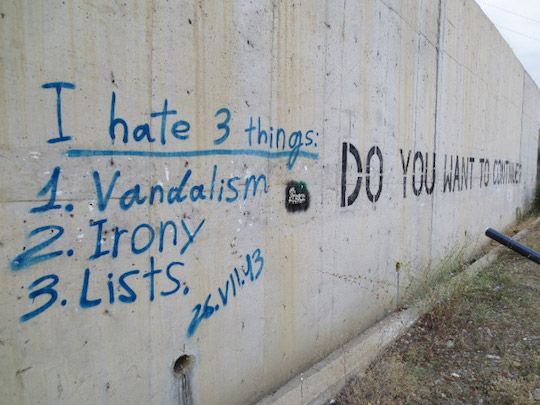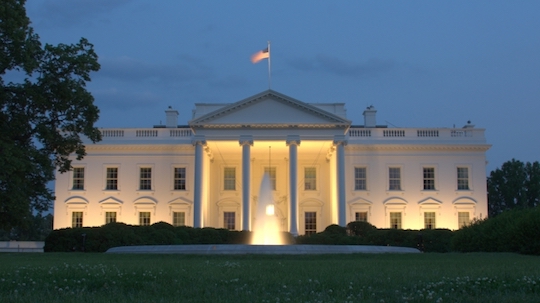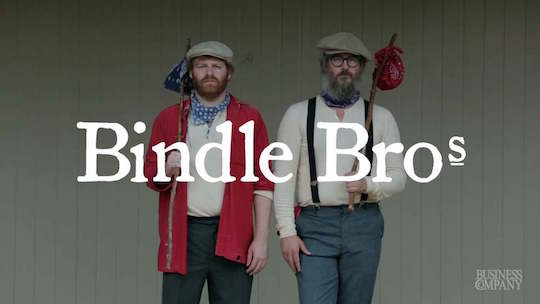One of the problems with rhetorical irony is that sometimes people don’t get it. That’s also a major source of its appeal. When irony works, the reader sees it but holds out the possibility that someone else does not. This effect is a big part of the fun, even though plenty of satirical writing cheats it by deploying irony in a way few readers could miss. The trick is to maintain a sort of plausible deniability. Irony doesn’t have to actually fool anybody, but we as knowing readers must be able to fool ourselves into believing it might. Satire can therefore be pretty heavy-handed, so long as the irony is not explicitly signaled. I mention this to introduce a convention of irony Twitter that has bled over into other sub-comunities: the practice of signaling irony with typographical errors. For example:
Is it cheating to explicitly signal irony in this way? Consideration after the jump.






